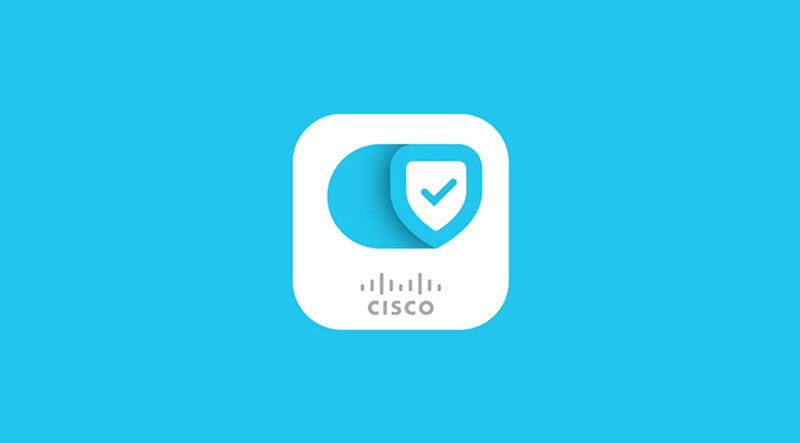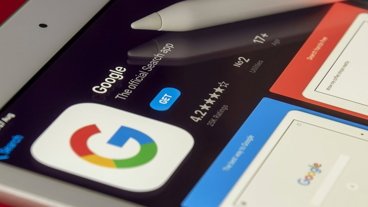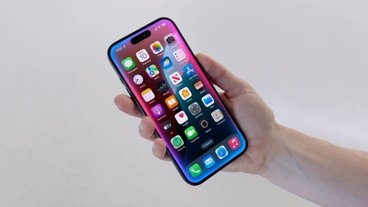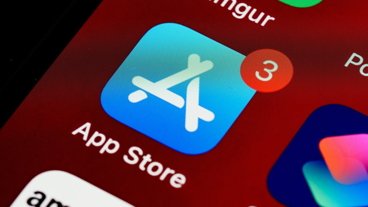As part of its partnership Apple, Cisco on Thursday released a new security app for iOS, called Cisco Security Connector, designed to give enterprise customers deep insight into, and control over, network activity in large device deployments.
According to Cisco, iOS is the most secure mobile platform available, but users are a network's weakest link. From compromised credentials to mistyped URLs, end users pose a security risk that cannot be ignored, the company says.
To solve the issue, Cisco Security Connector combines Cisco Umbrella and Clarity. Umbrella is a cloud-based secure internet gateway that implements DNS and IP layer enforcement, intelligent proxy inspection, callback blocking and other technologies, while Clarity offers insight into network traffic.
Wrapped together, the two products let network administrators gather traffic from all deployed devices and applications, providing unparalleled visibility that can assist security teams in assessing and investigating incidents. Further, the app prevents connections to known phishing links or messages, as well as commonly mistyped URLs. The feature works over both cellular and Wi-Fi networks.
Importantly, the solution is largely transparent to end users, meaning the added protection will not impact employees' mobile experience.
"Ransomware and malware are spreading across the Internet and increasingly targeting mobile devices. Together with Apple, we are helping enterprises become the most connected, collaborative, and secure businesses in the world," said David Ulevitch, senior vice president and general manager of Cisco's Security Business Group. "With this app, we want to provide businesses with tools to meet their security, risk, and compliance requirements."
Cisco Security Connector can be distributed via an MDM solution like Cisco Meraki Systems Manager, which installs the app and accompanying configurations to supervised iOS devices.
Apple and Cisco first announced plans to collaborate on future enterprise projects in 2015, with the tech giant promising to ensure iPhones and iPads would be optimized for Cisco-powered networks. The deal continued Apple's push into enterprise, a major avenue for potential sales as larger companies adopt mobile-first device strategies.
Along with Cisco, Apple has forged enterprise deals with IBM, SAP and Deloitte.
 Mikey Campbell
Mikey Campbell







-m.jpg)






 Malcolm Owen
Malcolm Owen
 Christine McKee
Christine McKee

 Amber Neely
Amber Neely













2 Comments
Mixed feelings:
I see the threat and the benefits.
But... most companies have a BYOD (Bring Your Own Device) policy for mobile phones, and employees will object to the Big Brother element of their company monitoring web access on their personal phone.
... well, the unpleasant options are that they (a) have to all access to corporate stuff is via a VDI (web emulator), or (b) carry a 2nd corp issued iPhone SE.
The issue is the 'oops' factors humans introduce to the situation.
I carry 2 phones at the moment. it sucks, but I separate work from personal.
BYOD cuts both ways... if you want to carry only one phone, and you want your company secure and maintain long term viability[your paycheck], you may have to give into big brother.
(for me it's less about monitoring your websites, and more about monitoring the data that goes down to your phone....
and the 'if her iPhone can be on the corporate email system, I want my $9.99 Android Jelly Bean connected too...'
I've always liked umbrella... I just wish Cisco hadn't bought it.